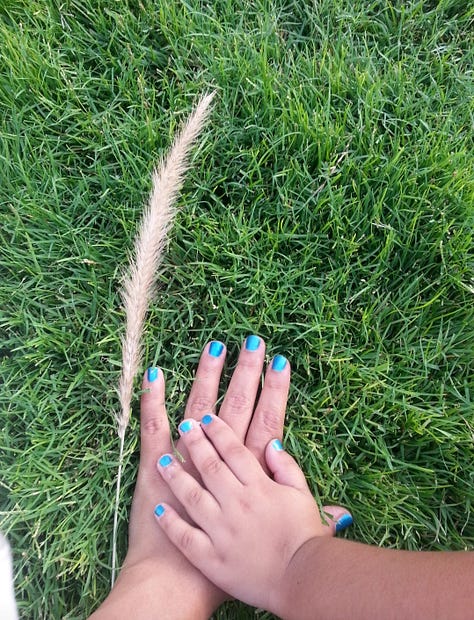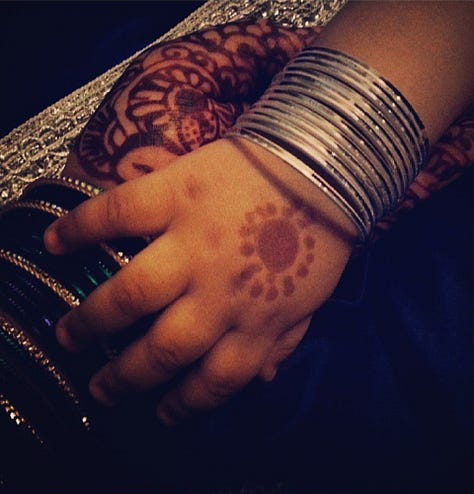Every four months, like most tweens, my 11-year-old reminds me that she’s inching closer to the teenage years. So, when she plopped her half-adolescent half-baby-like body on the couch near me with a sense of weariness and said, “I’m so tiny Mamma. I’m only 11!” you sit up and take note.
With cheerful enthusiasm, my daughter shares her friends’ innocent plans for growing up. She tells me some want to study medicine and dream of retirement at the age of 50, making enough money to buy things they need, like books and a house. Some want to marry and have two kids five years apart. Some do not want to marry and don’t want her to marry either.
“What if I’m not happy in my job, with my family?” she wonders out loud.
“What makes you think you won’t be happy?” I nudge.
“Please don’t ask me awkward questions. I’m just telling you how I feel” she admonishes me. I oblige obediently.
As a parent, one often navigates parenthood hoping that some awkward questions will be answered for themselves. You keep telling yourself they’re too young for a certain conversation.
“You’re not a tree, Aleena. You move when you’re not happy in a job, or… in a relationship.”
I finally managed to say, though it took me an eternity to exhale that second half of my response.
“How do you move away from your family?!” She’s not giving up on this easily.
The awkward questions must be answered. Now.
I want to tell her, “Please don’t ask me questions I don't have answers for…”
“Marriage isn’t the end of life, Aleena. Kids need their Mamma and Daddy to be happy, right? There’s no point in living under a roof when the house is burning from within…”
Just as I bite my tongue wondering if I’ve said too much for a little 11-year-old, my daughter offers a gentle, assuring nod.



“Know your rights, know your worth. Understand money and independence. Islam permits women and men to divorce when things go sour. My friends are still getting married in their 40s, some have divorced and chosen a different path for themselves, allow yourself second chances.”
We delved into discussions about divorces in the family and among my friends whom she’s familiar with.
Just like 11-year-olds swiftly transition between fleeting moments of vulnerability and introspection, she moves to chat with her friends online, leaving me alone with my thoughts.
I have no idea what my Nikah-naama says.
A couple of years ago I took a glance, it was in Urdu, a language I can’t read fluently.
What I do remember vividly is how no one - not my parents, not the Imam who conducted our marriage - ever spelled out my rights as a wife.
No one inquired if I wanted to add any terms and conditions to the marriage agreement - a fact that is increasingly bothering me as my daughter grows older, even though I’ve been married for 18 years!

I wonder if we avoid uncomfortable questions from kids to sidestep addressing the discomfort within ourselves. Could it also be that we fear by vocalizing our nightmares, they may become a reality?
Is denial the remedy to our fears?
As my husband and I settled into bed last night, I recounted the exchange between my daughter and myself to him. They should know. We need them to know.
Marriage isn’t easy. Apparently, everyone knows that. And yet, no one talks about it.
Why does addressing uncomfortable issues reflect poorly on our families? Is it better to pass on disillusionment and denial to our children in the name of family ‘honor’ than to confront reality and empower them with the truth?
Then again, how often do we tell ourselves the truth?



I think children's questions are great prompts for life-changing realisations. Your essay proves it!
I Like the tree analogy! Thank you.